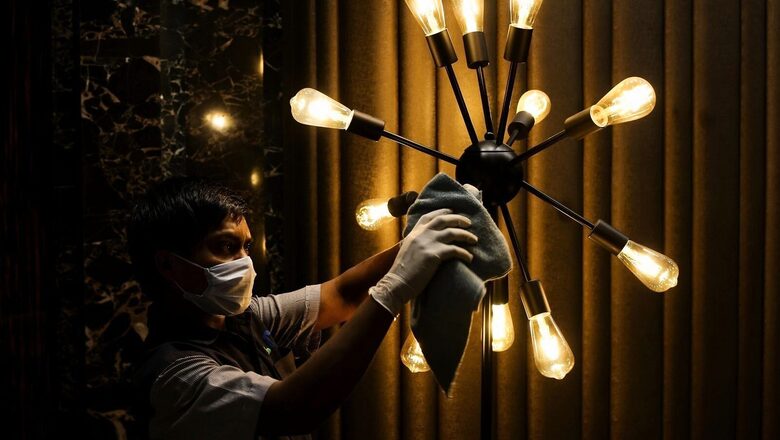
views
While normalcy seemed to be returning in every sphere of showbiz after the second wave of the pandemic, the theatre circuit’s foundation remained firm. The question whether it could get back on its feet perturbed many, including thespians who have been performing for decades.
Nevertheless, through online plays, performances for audiobooks and live reading sessions, the stage never really went away. Amidst the uncertainty and panic that constituted the initial cacophony predicting its demise, an adaptive audience opened up to experiments and muted the atmosphere of panic.
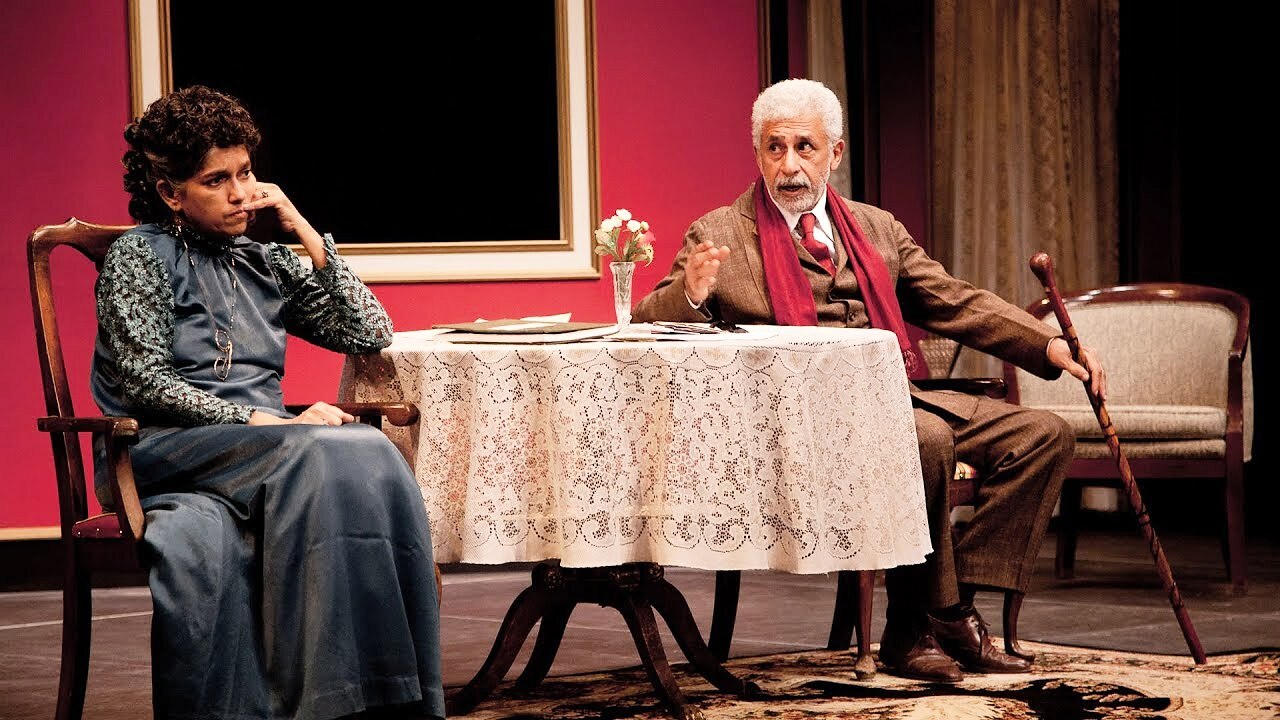
For Makarand Deshpande, his reading sessions at home inspired him to work on new scripts to stage after the end of the first wave. “In the first lockdown, I felt the urge to read An Autobiography: The Story of my Experiments with Truth by Mahatma Gandhi and it compelled me to perform a one man show on Gandhi after the first lockdown opened. During the second lockdown, I felt the need to write about Krishna and I performed with Sitar maestro Niladari Kumar as the second lockdown ended,” the 55-year-old says.
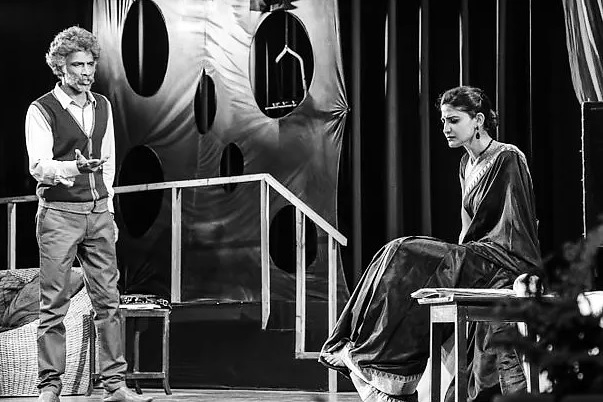
For thespian Naseeruddin Shah, this was a unique moment in his long and illustrious career. “I am not unused to taking long breaks from shooting,” he says, adding, “It was creatively satisfying in that I was able to read several things that had been on my to-do list and my family and I did several performances online which I found to be quite pleasurable.”
Shah saw this period as an aspect of how unpredictable life can be. Even at the age of 71, he was being introduced to new experiences. “What I found challenging and educative about performing online is that you can’t see or hear the audience. In any case, for me, even with a live audience, my enjoyment in my work is not driven by their reactions,” he adds.
Actor Manav Kaul, 45, was probably the first witness to the pandemic’s wrath when the opening of his new play, Giving Up on Godot, was stopped in its tracks. “Theatre was hit really badly. People who were doing theatre, went on to do other things. Now, to get them back is a hard thing,” he feels.
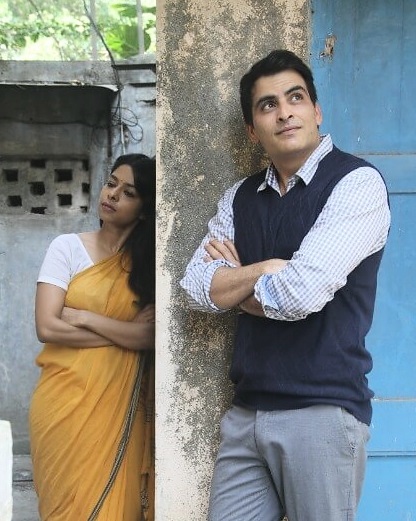
Shah feels what might just have turned into a grotesque chapter in theatre’s history was waylaid by its adaptive nature. “Mumbai has a long tradition of theatre performances. For more than a hundred years plays in several languages have flourished here. Kolkata and Bangalore too have strong theatre traditions. All in all, as long as people feel the need to listen and talk to each other, theatre will survive,” he prophesises.
Kaul’s concern is for the smaller towns as they might be the ones who will find it hard to get back up. “When it comes to Mumbai, it is a very trusting city. The theatre audience is very loyal. Especially in these times, people want to get back to art theatre etc. But smaller cities will find it a bit difficult,” he says, adding that 2022, hopefully, will provide the much needed respite.
Read all the Latest Lifestyle News here



















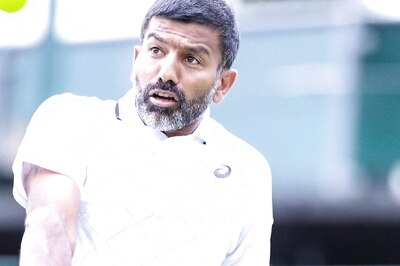
Comments
0 comment